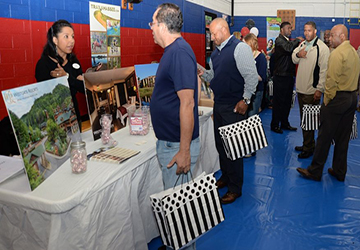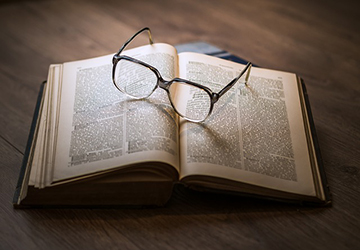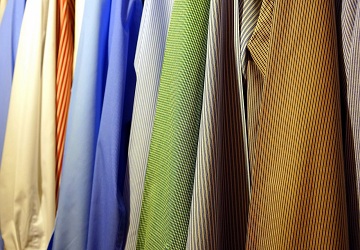Collecting is a hobby that has been around for centuries and can be both fun and profitable. If you're considering starting your collectibles collection, you're probably wondering where to start. Collections range from stamps and coins to comics and vintage toys. Therefore, it is essential to choose the category you are interested in. This article provides helpful advice and insights for beginners looking to start collecting.

Select category
The first step to starting your collection of collectibles is to choose a category that piques your interest. Ranging from vintage records to vintage furniture or anything that piques your curiosity. Choosing the strains you care about is essential because you'll be investing time and money in building your collection.
So it's essential to do some research and explore your options before making a decision. This will help you find categories you like, and bookmarking will be more enjoyable.
Research
After choosing a collectible category, it's essential to research to learn more about the items you want to collect. It helps to gather as much information as possible about your chosen collectible's history, provenance, and characteristics.
This knowledge will help you identify unique and valuable pieces that others may have missed. You can also distinguish originals from fakes or replicas, saving you money and disappointment. By reading books, attending auctions, and consulting with experts in the field, you can expand your knowledge and make informed purchases to enrich your collection.
Start small
Building a collection of collectibles can be overwhelming, but building a small group is essential. Instead of trying to collect everything at once, focus on finding one or two pieces that you like and that fit your budget. This approach allows you to build your collection while better understanding your chosen categories slowly. As you gain experience, you can expand your collection and tackle more challenging compositions. Remember, this is a marathon, not a sprint; patience and perseverance will pay off.
Set a budget
When setting a budget for your collection, it's essential to be realistic. Consider your income, expenses, and other financial obligations. Avoid overspending or going into debt to buy collectibles. Instead, stay calm and wait for the right opportunity to expand your collection.
Another way to save money when building your collection is to watch for deals and discounts. Find below-market collectibles at online marketplaces, thrift stores, and flea markets.
Remember that price doesn't always determine the value of a collectible. An item's emotional or historical significance may be greater than its monetary value. So don't be afraid to focus on things with personal meaning or an emotional connection.
By setting a budget, being patient, and paying attention to the sentimental value of items, you can build an affordable and meaningful collection.

Visit trade shows and conventions
If you're serious about collecting, visiting fairs and conventions is necessary. Not only will you meet other collectors who share your interests, but you will also learn a lot from experts in your chosen category. Vendors at trade shows and conferences often sell unique and hard-to-find items that can be great additions to your collection.
In addition, many events feature guest speakers and panel discussions offering insights and advice on party-related topics. Researching and finding an event that fits your interests and budget is essential, as some programs can be expensive.
Join the online community
Joining an online community related to your chosen collector category is a great way to connect with other collectors and learn more about your hobby. These communities often have forums or social media groups where members can discuss their collections and trade items and share tips and advice. You can also find opportunities to purchase new pieces for your collection through these online connections.
However, always exercise caution when making online transactions and only buy from reputable sellers. These online resources allow you to expand your knowledge and network in the collector's community.
Safely store your collection
Proper storage is critical to maintaining the condition and value of your collection. Appropriate storage methods protect them from damage from environmental influences such as light, moisture, and dust. It's important to understand that each type of collectible has different storage requirements. For example, postage stamps should be stored in a dry, cool place, while comic books should be kept upright in acid-proof conditions—free mailing bags with backing panels to prevent bending and folding.
When storing fragile items like figurines or glassware, use liners and acid-free tissue paper to prevent breakage. Advice from experts in the chosen category can provide valuable advice on appropriate storage technology. Properly storing your collection can ensure it remains in good condition and retains its value for years.
Secure your favorites
Insuring your collectibles is a critical step in protecting your investment. As unimaginable as it may be, accidents and unexpected events such as fire, theft, or natural disasters can damage or destroy your collection. Buying your belongings' insurance is crucial to ensure you keep everything you've worked so hard for. Some insurance companies offer unique collectibles policies that provide comprehensive coverage for your collectibles at a reasonable price.
Research and compare different policies to best suit your needs and budget. Insuring your collection can provide peace of mind knowing you'll be financially protected in unforeseen events. Collecting collectibles can be an exciting and rewarding experience. By following these tips and tricks, beginners can start their journey off the ground and build a collection they'll cherish for years.







